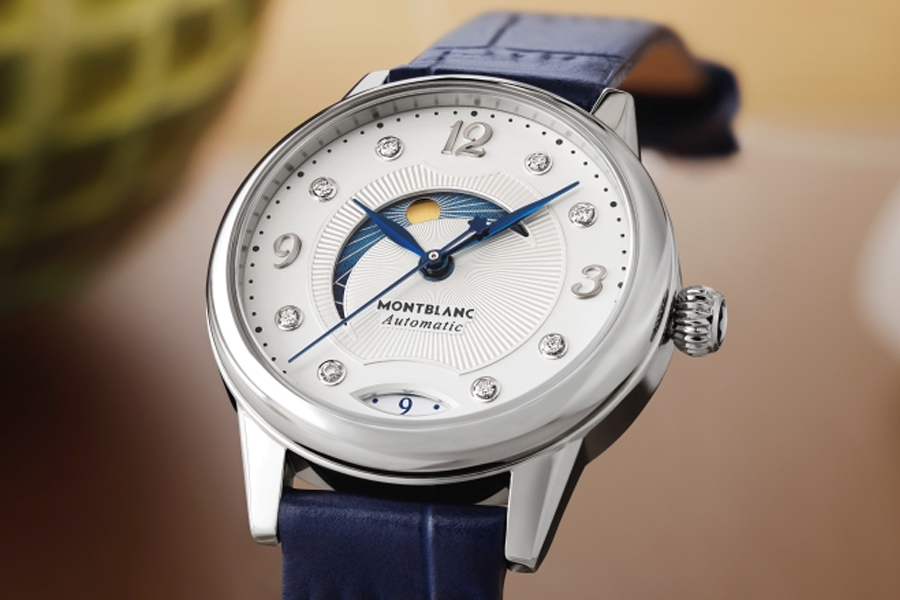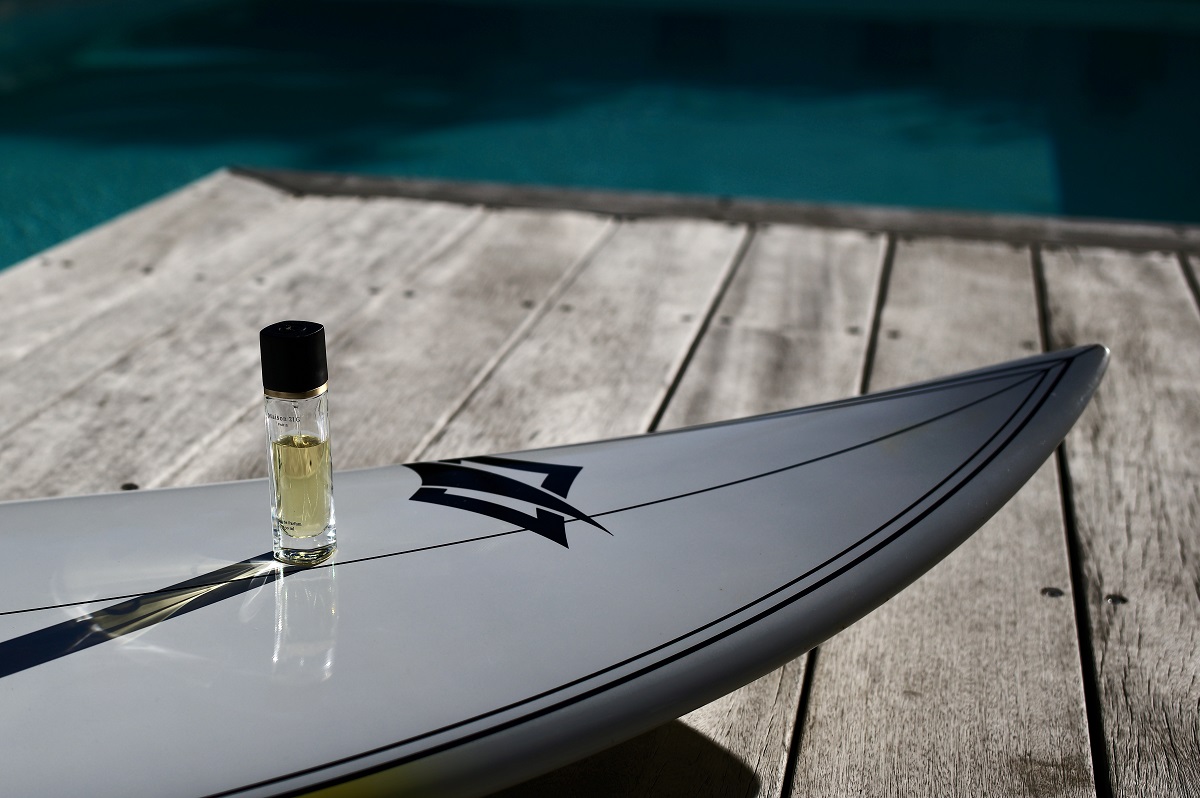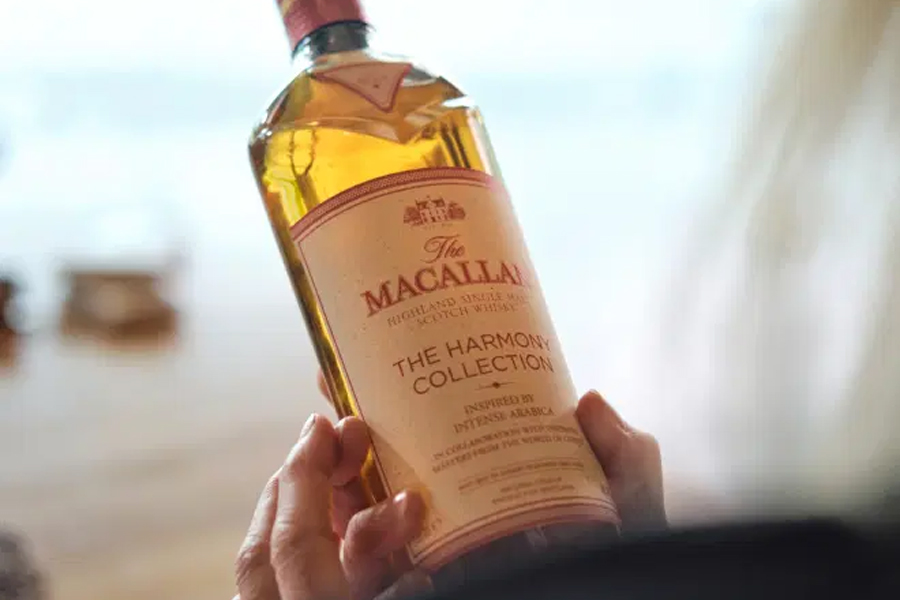
 alt="Will Richemont Watchmakers Match Success of Jewellery Maisons?"/>
alt="Will Richemont Watchmakers Match Success of Jewellery Maisons?"/>
Following up on our report about the state of the Swiss industry, it is worth diving deeper into Richemont results ahead of Watches & Wonders.
The Geneva trade fair this year marks the first time the group is not the biggest player on the scene and represents an opportunity for brands such as Cartier, Jaeger-LeCoultre, and IWC to take a more assertive stance versus LVMH brands, as well as Rolex, Tudor, and Patek Philippe.
One particularly bright spot for Richemont is the return of Van Cleef & Arpels to the watch fair, which along with Cartier has been very impressive in developing its jewellery business. Not for nothing, both brands also boast very impressive watchmaking know-how and vision.

Image: Van Cleef & Arpels
In an official statement, Richemont cited revenue growth of 32 per cent (q-on-q) for its quarter ending in December 2021. Looking at the last normal year (2019), Richemont beats its own performance by 38 per cent, to offer better context for these latest figures.
Europe and the Americas accounted for much of this growth, as countries in these regions progressively make a return to normal life; China, which had opened up earlier but remains in its own pandemic bubble, registered sales growth of 7 per cent. Sales at Richemont rose to €5.658 billion euros (US$6.41 billion) in the company’s third quarter ended in December, a 32 per cent increase when currency swings were removed. The performance was 38 per cent better than the 2019 Christmas quarter before the pandemic hit, Richemont said in a statement.

Image: Cartier
“Richemont has made significant improvements at all levels and is currently in a sweet spot to create value,” Vontobel’s Jean-Philippe Bertschy told Reuters. While this advice relates to Richemont shares, it also reflects opportunities for the various brands within the group to strengthen their respective product offerings, and explore new retail and content opportunities. According to Richemont, direct sales to consumers continued their upwards trajectory, now representing 78 per cent of group sales, and online retail sales were also up 19 per cent.
Much of the group’s improved performance is down to its jewellery business, with sales at Cartier, Buccellati, Piaget and Van Cleef & Arpels up by 38 per cent. By way of contrast, watchmaking brands only improved by 25 per cent on the same quarter performance in 2020.
This follows a pattern for a few years at Richemont in particular, which has seen jewellery show more promise and tracks the broader industry as well. Take the example of how LVMH’s performance improved by unprecedented levels thanks to the inclusion of Tiffany & Co. numbers.

Nevertheless, watchmaking activities at Richemont are unlikely to take a back seat this year, with great new developments at brands such as Montblanc expected — and indeed already revealed to us and other partners. There is a critical shortage in the market of certain key types of watches, and that is where watchmaking specialists can shine.
As we reported earlier, the key challenge will be taking advantage of the price segment between CHF1,000 to 3,000, which too many Swiss watchmaking brands have abandoned.



